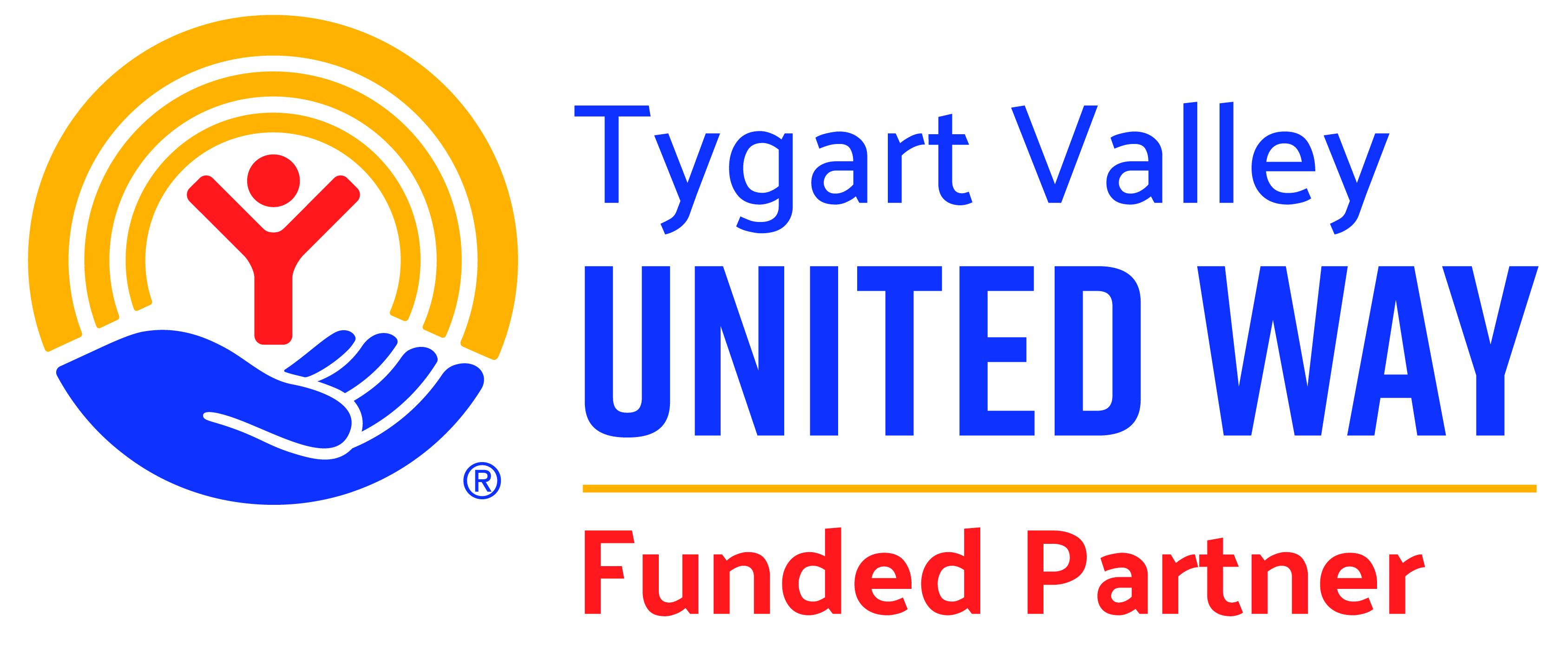|
| |||||||||||||||||||||||||||||||||||||||||||||
|
|
MAILING ADDRESSRandolph County Phone: (304) 636-7844 VISIT USRandolph County TAX ID NUMBER (EIN)55-0691720OUR HOURS
|
Spay/Neuter ProgramsRCHS is a strong supporter of working to control pet overpopulation through spay/neuter programs. All animals at RCHS must be spayed or neutered before being adopted. Pet overpopulation is a serious problem. Every year millions of cats and dogs are euthanized at animal shelters across the country because no one wants them. The best way to reduce pet overpopulation and avoid euthanasia is to spay or neuter your pet. There are many other benefits to spaying or neutering your pet:
For additional information on the importance of spaying and neutering pets, see this March 2012 column in The Inter-Mountain. Take Action!Spaying and neutering our pets—and advocating that others do the same—is the most effective way we can help reduce the need for animal shelters and help those in existence have a stronger impact. We all share responsibility to encourage our friends, co-workers and families to make this happen. The annual RCHS Spay-ghetti Dinner is designed to draw attention to this important issue and to raise money for effective spay/neuter programs. Watch our Facebook page for announcements about when the next Spay-ghetti Dinner will be held. You can also check our News and Events pages for details and join us in spreading the word! RCHS is actively involved in addressing the overpopulation of community cats in our area through our Trap-Neuter-Vaccinate-Return (TNVR) program. We are always looking for volunteers to assist with this effort. If you'd like to help, contact us for details. The Kelly FundThe Kelly Fund, named after RCHS Shelter Manager Kelly Scheidegger, is a special fund to help support the spaying and neutering of pets in our care, our Trap-Neuter-Vaccinate-Return (TNVR) program, and, if funds are available, low-cost spay/neuter vouchers to support our local community. Learn more about the Kelly Fund and how you can contribute! How You Can HelpLearn more about how you can help the animals by adopting, sponsoring or fostering a pet; donating money or supplies; or volunteering with RCHS. |








